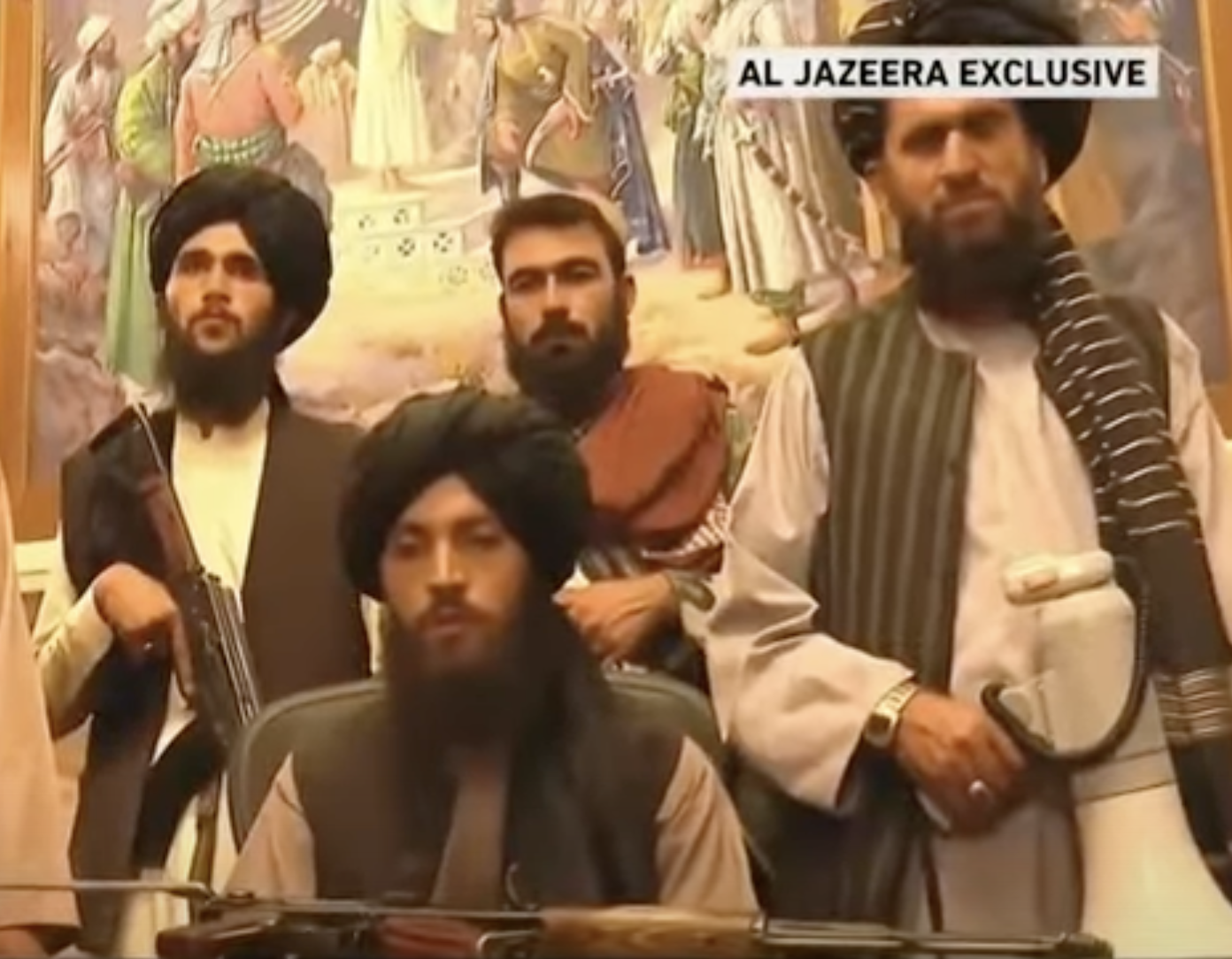Greek mythology makes it clear that the great god Zeus loved to party.
So wild things were happening when the Norse demigod Thor and a pack of Marvel Cinematic Universe (MCU) superheroes entered Omnipotence City in "Thor: Love and Thunder." The Greek gods are out in force, with Zeus serving as king, but so were many other deities from other cultures.
Valkyrie, the female queer king of New Asgard noted, while calling roll, the off-screen presence of another deity -- the "God of Carpentry."
Inquiring minds want to know if, to quote WhatCulture.com, the film's director Taika Waititi had "confirmed the actual existence of Jesus in the MCU? … Without showing Jesus, Waititi has plausible deniability: Valkyrie could've been talking about the Greek God of Carpenters Hephaestus, or even Lu-Ban, the God of Carpentry from Chinese mythology."
The cosmology of the Marvel super-movies has become so complex that it's hard to know precisely what is being said, noted Thom Parham, a screenwriter who teaches at Palm Beach Atlantic University. Early on, the superheroes were simply aliens, instead of gods or demigods.
"But now we've got sub-deities. They want to have their cake and eat it, too," said Parham, after returning from Comic-Con 2022 in San Diego. "We have gods, and we have demigods. We have Greek gods, and we have Egyptian gods. We have the Eternals, and we have the Celestials."
When Parham heard the "God of Carpentry" reference, he felt that "a dangerous line had been crossed. …What are they saying? I don't think they know, yet."
With "Black Panther: Wakanda Forever" poised for November release, the "Avengers" series will reach 30 movies and a dozen or more sequels are planned. The franchise has grossed more than $27 billion at the global box office.
In terms of religious messages, the MCU has come a long way since Captain America, after hearing Loki described as a god, said: "There's only one God … and I'm pretty sure He doesn't dress like that." The New Rockstars YouTube channel counted 50-plus gods in "Thor: Love and Thunder" alone.










